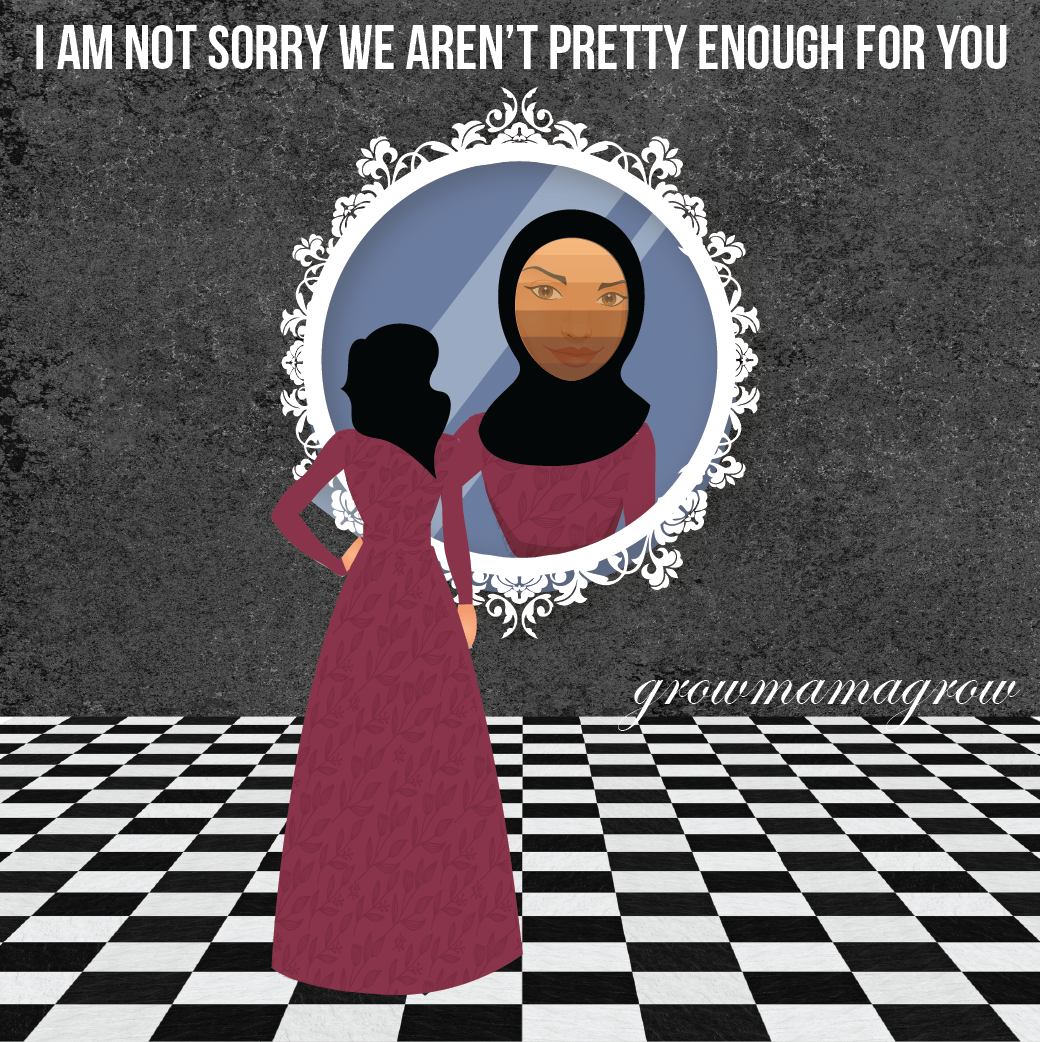Of all the women mentioned in the Quran, only Mariam (as) was mentioned by name, repeatedly, and even a surah was named after her. She, who Allah chose above all the women in the world (Al-Imran:42) and in Paradise (Saheeh Hadith from Hakim’s Al-Mustadrak), she, whose fame rose above all other women in history, honored for her virtue, she who faced her tests with courage and conviction, is Islam’s ideal of womanhood.
Indeed it is necessary for both women and men to reflect upon lessons from her life. I will look at Mariam’s role in seeking knowledge, her spirituality, her concern and contribution to the dawaa of Islam, her mother and her own motherhood, her character, and finally some general lessons that we take from her story in the Quran. May Allah(swt) help our sisters to become like Mariam(as) and help our brothers to encourage and aid the development of sisters who ‘wanna be like Mariam.’
Our first lesson: Mariam was an honored student of knowledge. Allah (swt) says about her, “He made her grow in a good manner and put her under the care of Zakariya. Every time he entered al-Mihrab to visit her…” (Al-Imran: 37) Al-Qurtubi explains in his tafseer that the word “Kaffala” translated as “care” means more than guardianship. Rather, he and the scholars of deen would teach her the revelation of Allah (swt) in the masjid when she was young. The scholars would even compete to teach her, as she was a bright student and she was also the first female to be taught in the masjid.
When she grew older, they made a separate room for her described as al-Mihrab. Sheikh Abdel Kareem Zaidan explains that al-Mihrab is a special room or an elevated place. Tafsir al-Qaasimi mentions the opinion that al-Mihrab is the best and most honored place to sit in a gathering, and as such, al-Mihrab is the most honored place in the masjid. Thus, Mariam was an honored student, taught by a prophet, Zakariya (as), and the scholars of deen. There are many opinions describing why, but it suffices for us here to say, the best woman who walked this earth, in her young years, was someone who studied her religion, someone who had a connection with the revelation, and someone who impressed even her teachers.
Many times sisters are discouraged from pursuing studies that would be beneficial for themselves and the Muslim community. They are told that their greatest role in life is their role as wife and mother, so they shouldn’t focus so much on their Islamic education or otherwise. There is an inherent contradiction in this viewpoint.
First, while these roles are extremely significant, other opinions provide a more comprehensive approach to the “most important role.” Dr. Jamal Badawi’s “Gender Equity in Islam” discusses the spiritual equality of both women and men, and what is deemed “the best” according to the Quran: O mankind! We created you from a single (pair) of a male and a female, and made you into nations and tribes, that you may know each other. Verily the most honored of you in the sight of Allah is (one who is) the most righteous of you. And Allah has full knowledge and is well acquanted (with all things). (49:13) These verses point to the role that both women and men play as devout servants of Allah which may take different forms at different stages in life for both.
I tend to lean toward this semantic approach in understanding what is the best role for a Muslim woman, because it covers her entire lifespan, and includes women who never were able to get married, or have children, and concretely describes her goal as seeking Allah’s pleasure, while her contributions to her family are from her means of achieving her goal. Scholars who use the former semantic approach equally stress the importance of our sisters’ education. Therfore, it puzzles me when the excuse of the woman’s family obligations is used to completely neglect her Islamic education and development.
Second, we see in the life of Mariam, the pinnacle of motherhood and womanhood, that before she was a mother, she was a student, and a an exceptional one at that. Before mothers can give good tarbiyah–training and education to their children–they have to receive it. Seeking knowledge is a crucial component of a balanced tarbiyah. The community only grows stronger when our sisters are educated. In the words of El Hajj Malik Ash-Shabazz (Malcom X), “Educate a man and you educate one person; Educate a woman and you educate and liberate an entire generation!” We also notice that the best of men in her time, Zakariya(as) a Prophet and the scholars of the masjid took the time to teach her. May Allah(swt) multiply the rewards for the imams and shuyukh of our time who continue this legacy of teaching the sisters. While there are those who refuse to teach women completely, this does not reflect the attitude of Zakariya (as) and the shuyukh of his time nor the sunnah of the Rasool (saw) which will be discussed later. (to be continued in Part II on Thursday)
Muslema Purmul
Muslema Purmul is a student at the Women’s College of Islamic Law at Al-Azhar University in Cairo. She and her husband have been pursuing Islamic studies overseas for the last four years. Originally from San Diego, Calif., Muslema and her husband spend their summers teaching at the Islamic American University and visiting MAS chapters across the country, providing lectures and training.











